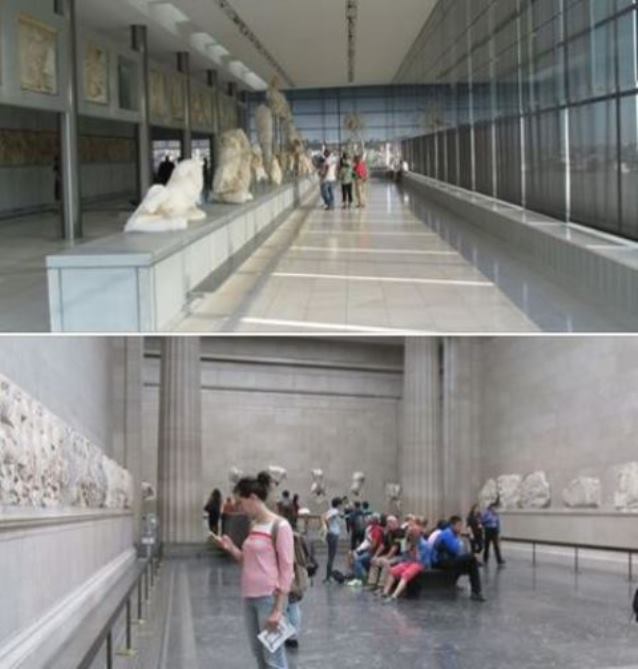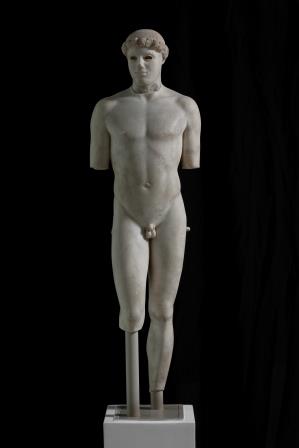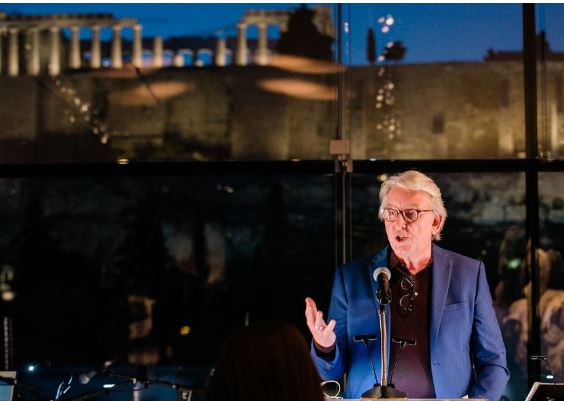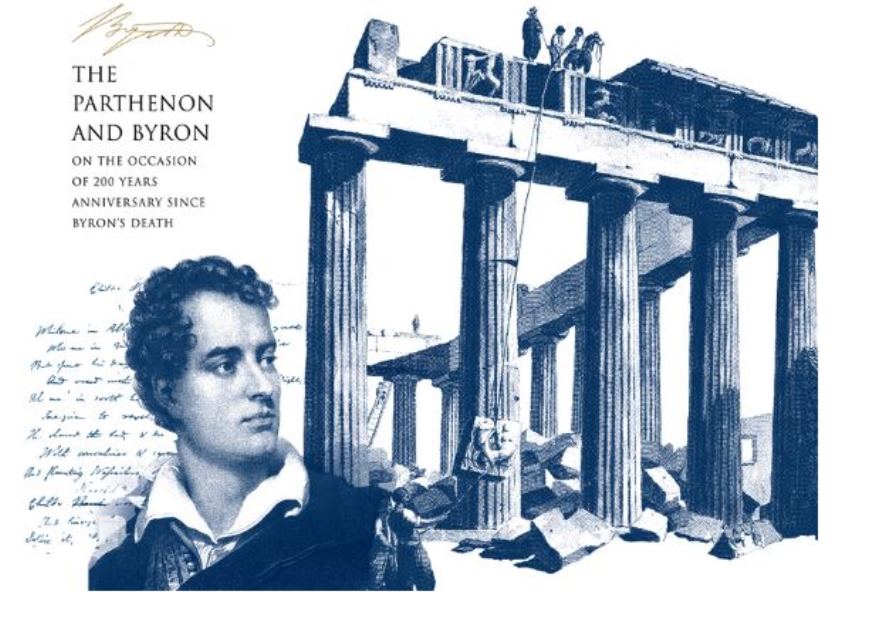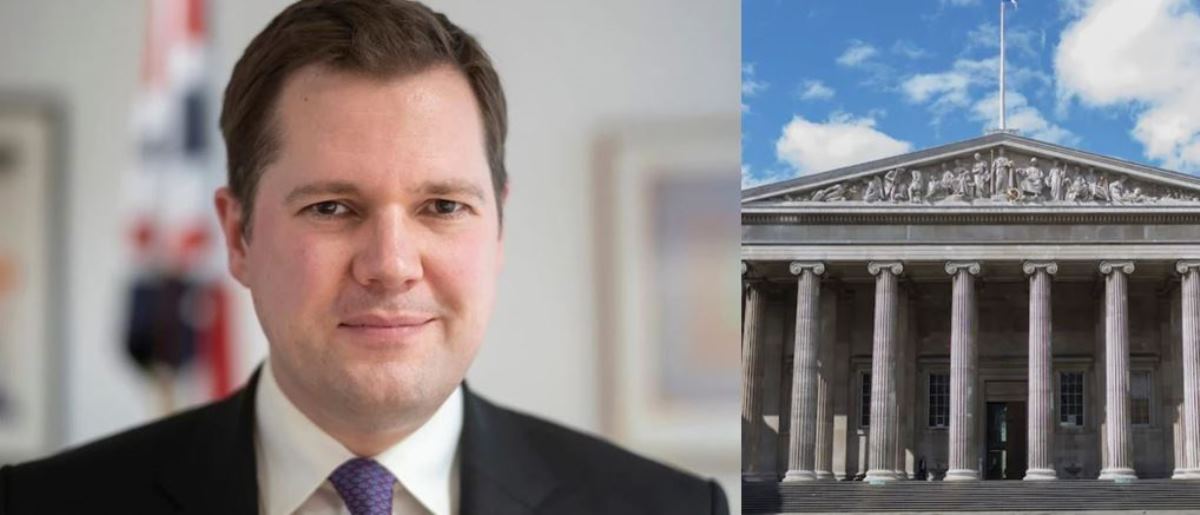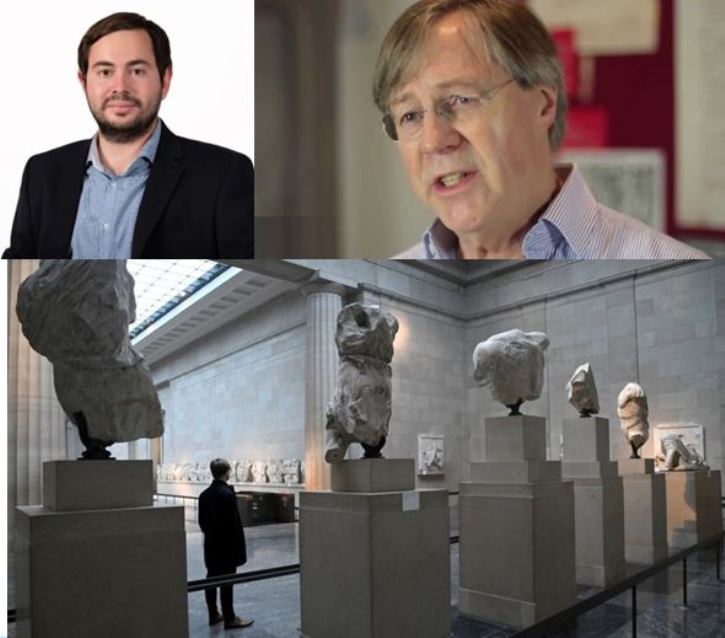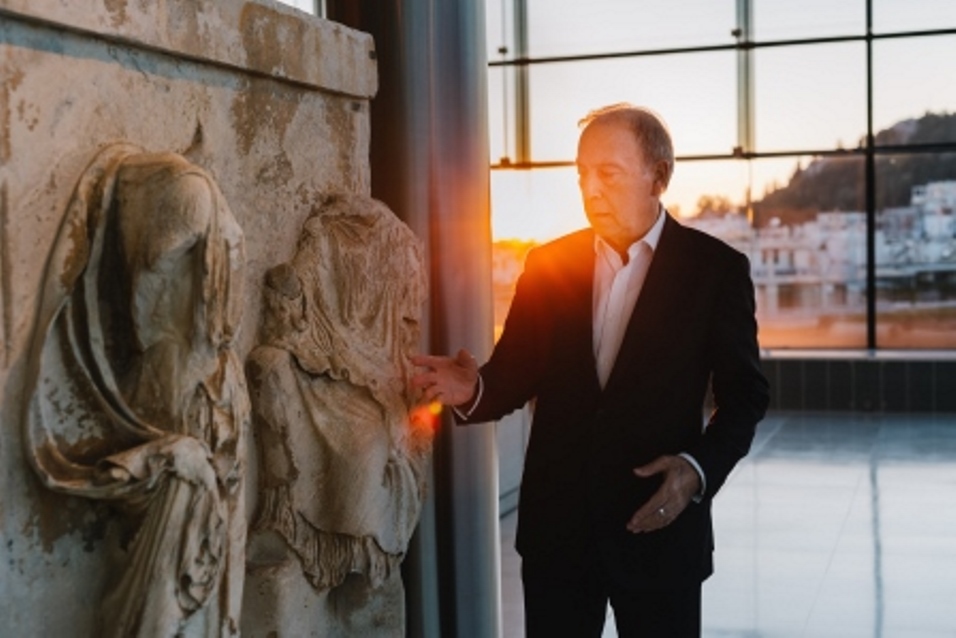Letters to the Sunday Times post Lord Sumption's article.
Supporting the reunification of the Parthenon Marbles, and the return of the pieces in the British Museum to the Acropolis Museum:
Greece was under Ottoman-Turkish occupation
Lord Sumption says the Parthenon’s marbles were lawfully given to Lord Elgin by the legitimate government of Greece between 1802 and 1804 (Comment, last week). Not so. Greece was under Ottoman-Turkish occupation, and in 1826 Britain assisted the Greeks in their war of independence. This indicates that Britain also considered the Ottomans to have been unlawful usurpers.
Nemo dat quod non habet is a legal principle which says that no one can sell something which they do not legally own. If, during the Nazi occupation of France in 1940, Hitler had sold the Eiffel Tower to the Americans, would it be OK for the US still to keep it?
Kyriacos Kyriacou, London W8
Shaky reasoning
I hesitate to disagree with a former justice of the Supreme Court, but Sumption’s arguments for keeping the Elgin Marbles in London don’t stack up. It’s true the Ottoman authorities gave them to Elgin: the question is whether they were entitled to do so. It’s also true that cultural artefacts have been plundered for millenniums and often been dispersed in the process. That doesn’t mean this is OK. And to wail about the “gross cultural vandalism” of breaking up the British Museum’s collection seems hypocritical. Why is it acceptable to break up the marbles but not the British Museum’s collection?
Robert Wright, Cheltenham
Bribes paid
Sumption disregards the fact that Elgin did not buy the marbles, and so never acquired legal title to pass them to the British Museum. Elgin’s acquisition costs include “commission and agency … in Turkey” (that is, bribes) but no purchase price. As the museum never acquired title, the marbles do not form “part of the collections” and the British Museum Act 1963 would not preclude the trustees from returning them.
OM Lewis, Richmond, southwest London
Send them back
Sumption makes an intelligent case but he does acknowledge that the Greeks see the Parthenon frieze as “an emblem of their nationhood”. Spot on. What the Greeks feel about the Marbles, we do about Stonehenge. We should look at the issue a different way. The Parthenon Marbles have been on loan to Britain for more than a century. The time has come to return them to their country of origin.
Angus Neill, London SW1
Home truth
It is wrong to argue that something should remain where it is because it allows us to compare it to similarly important items. Yes, historical and cultural comparison has value but this should not detract from the greater value of reintegrating a work in the original place where it belongs.
Anastasia Demetriou, Southgate, north London
Missing argument
It is a bit rich for Sumption to accuse the Greeks of being nationalistic. The Parthenon sculptures are only here because of the chauvinism at the heart of the British Empire. As for the argument traditionally put forward for keeping them in the British Museum — that only we can look after them properly — recent news about hundreds of artefacts going missing from the museum, and previous revelations about damage caused in cleaning, surely put paid to that.
Ronnie Landau, London N12
Letters supporting Lord Sumptions argument for the UK and the British Museum retaining their half of the sculptures removed by Lord Elgin from the Parthenon, and in a fire sale becoming part of the British Museum collection since 1816:
Imperialist Athens
The Greeks do themselves no favours when they complain the Parthenon marbles were stolen. Sumption is right to say that their removal by Elgin was fully authorised. Perhaps we should remind modern-day Greeks that the Parthenon and its marbles were financed by Athens’s own theft of funds from the Delian league of city states, over which it exercised a cruel and greedy imperialism.
Charles Forgan, Great Broughton, North Yorkshire
Museum’s hands tied
The Greeks have no legal claim and the matter keeps going only because people such as George Osborne allow them to claim they are “in negotiations” — even though the proposed transaction is illegal. The British Museum’s trustees do not have a free hand; it’s time they and the board accepted the legal constraints and got on with the boring job of conserving the collection.
David Edwards, Eastbourne, East Sussex
To read Lord Sumption's article visit the Sunday Times. To read Dame Janet Suzman's reply, visit the link here.

